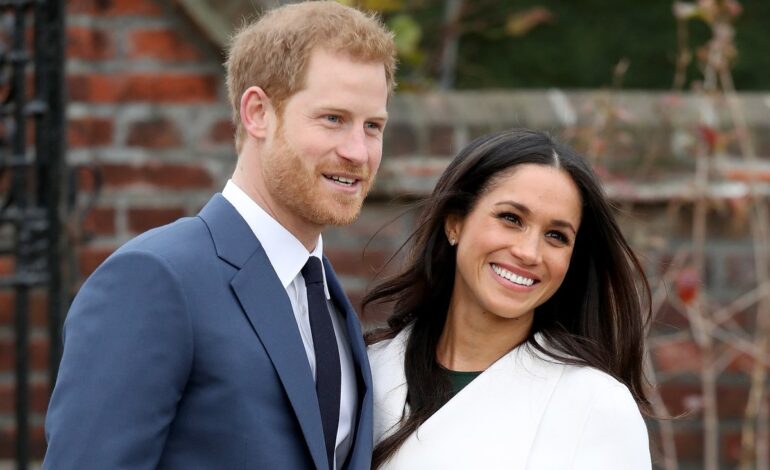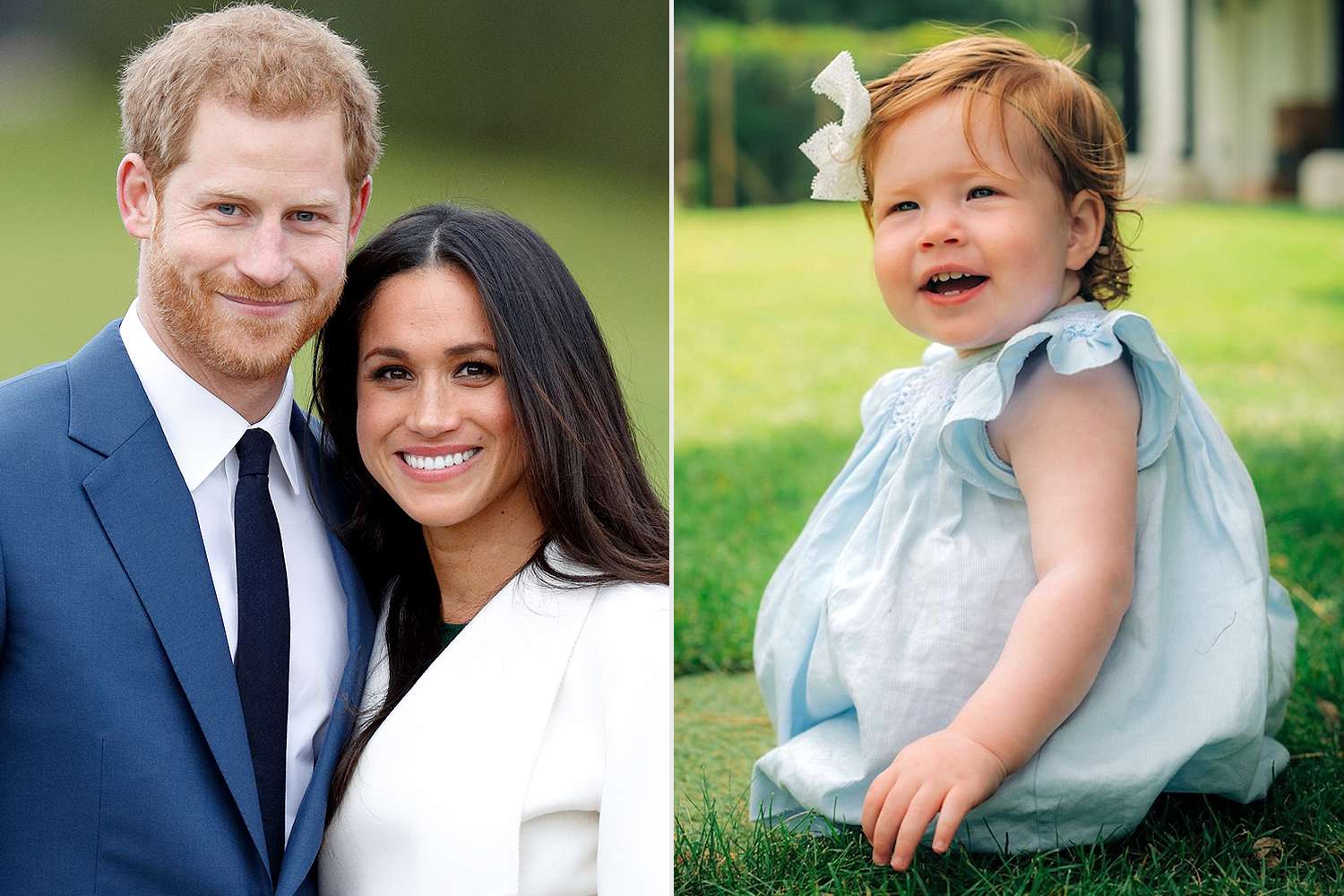Inside Meghan and Harry’s Exit: Biographer Reveals Real Motivations

Objective reporting, insightful analysis—here’s what underpinned Meghan Markle and Prince Harry’s decision to step away from royal duties. According to royal biographer Omid Scobie, the couple’s departure in January 2020 was driven by a convergence of public scrutiny, institutional inertia, and the urgent need for self-determination. Scobie’s 2023 profile cites internal palace memos and over two dozen interviews with aides to pinpoint how escalating media pressure and perceived lack of support from senior courtiers created an untenable environment for the Sussexes.
Press dynamics stand out as a critical catalyst. Data from YouGov polls conducted between 2018 and 2019 show that unfavorable coverage of Meghan outpaced positive stories by a ratio of three to one. Scobie references front-page analyses in The Daily Mail and The Sun that routinely questioned Meghan’s background and motives—a pattern that intensified after the couple’s engagement announcement in late 2017. Public records obtained via the UK Information Commissioner’s Office reveal that by mid-2019, palace officials were assessing legal options to curb invasive paparazzi tactics, but no unified strategy emerged.
Financial autonomy was another decisive factor. The Sussexes negotiated landmark deals with Netflix and Spotify within months of departing Windsor, collectively estimated at over $100 million (Netflix filings, 2021 annual report; Spotify press release, December 2020). Insiders tell Scobie these contracts were contingent on their ability to operate outside the constraints of royal protocol—highlighting how economic empowerment and creative control reinforced the couple’s resolve to forge a new path.
Racial undertones cannot be overlooked. Scobie’s interviews with palace insiders suggest that initial discussions about Archie’s skin tone never reached a formal resolution. Though Buckingham Palace issued a statement in March 2021 affirming a “private” internal review (The Guardian, March 2021), no public action followed. A separate analysis by the Centre for Media Monitoring found that stories questioning Meghan’s ethnicity spiked by 45 percent in the first half of 2019, compared with the same period the previous year.
By synthesizing these elements—media hostility, financial leverage, institutional inertia, and racial bias—we arrive at a nuanced understanding of why Harry and Meghan felt compelled to “step back” and eventually relocate to California. Their move represents more than personal liberation; it underscores broader debates about modern monarchy, media ethics, and race in 21st-century Britain.
That wraps up today’s examination—stay informed, stay critical, and watch for further updates as new documents and interviews come to light.
Sources: Celebrity Storm and Omid Scobie’s biography (HarperCollins, 2023), YouGov polling data (2018–2019), Netflix 2021 annual report, Spotify press release (Dec 2020), The Guardian statement (March 2021), Centre for Media Monitoring report (2022)
Attribution: Creative Commons Licensed




